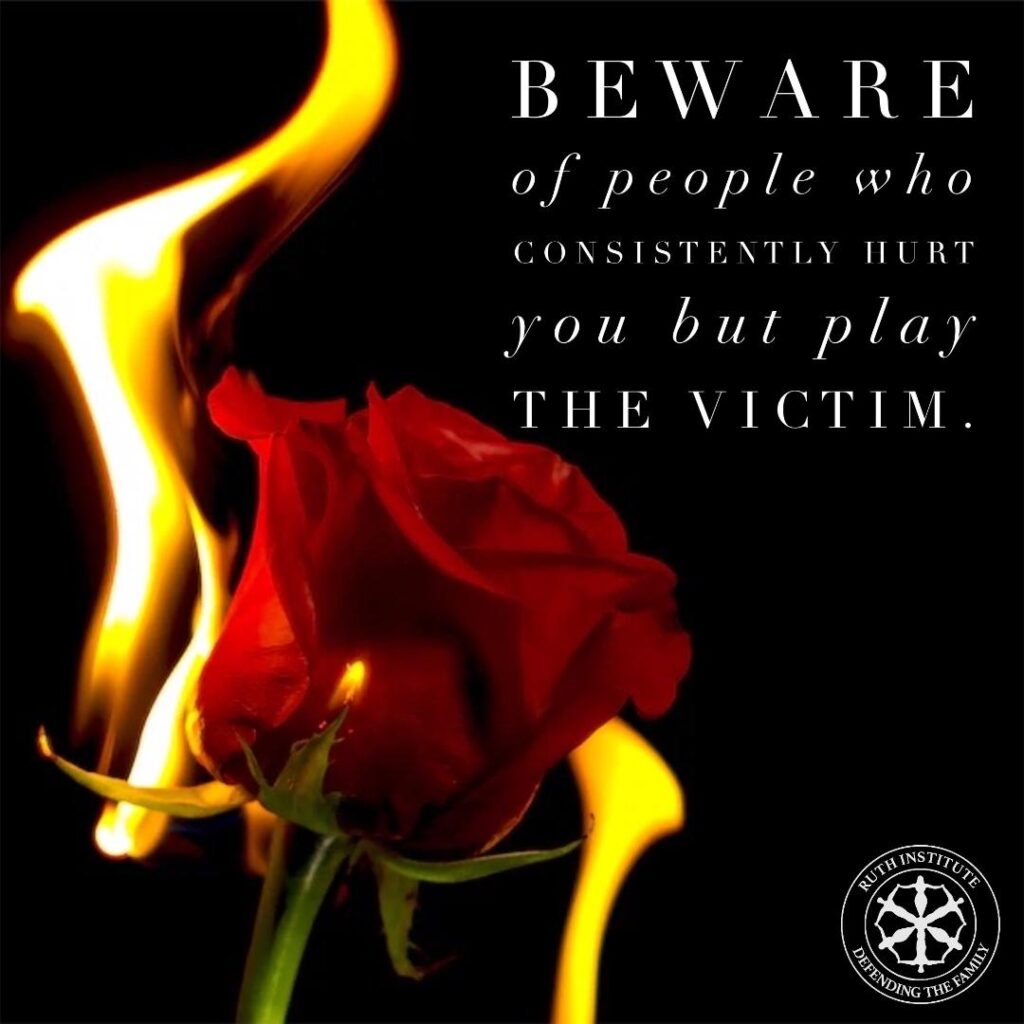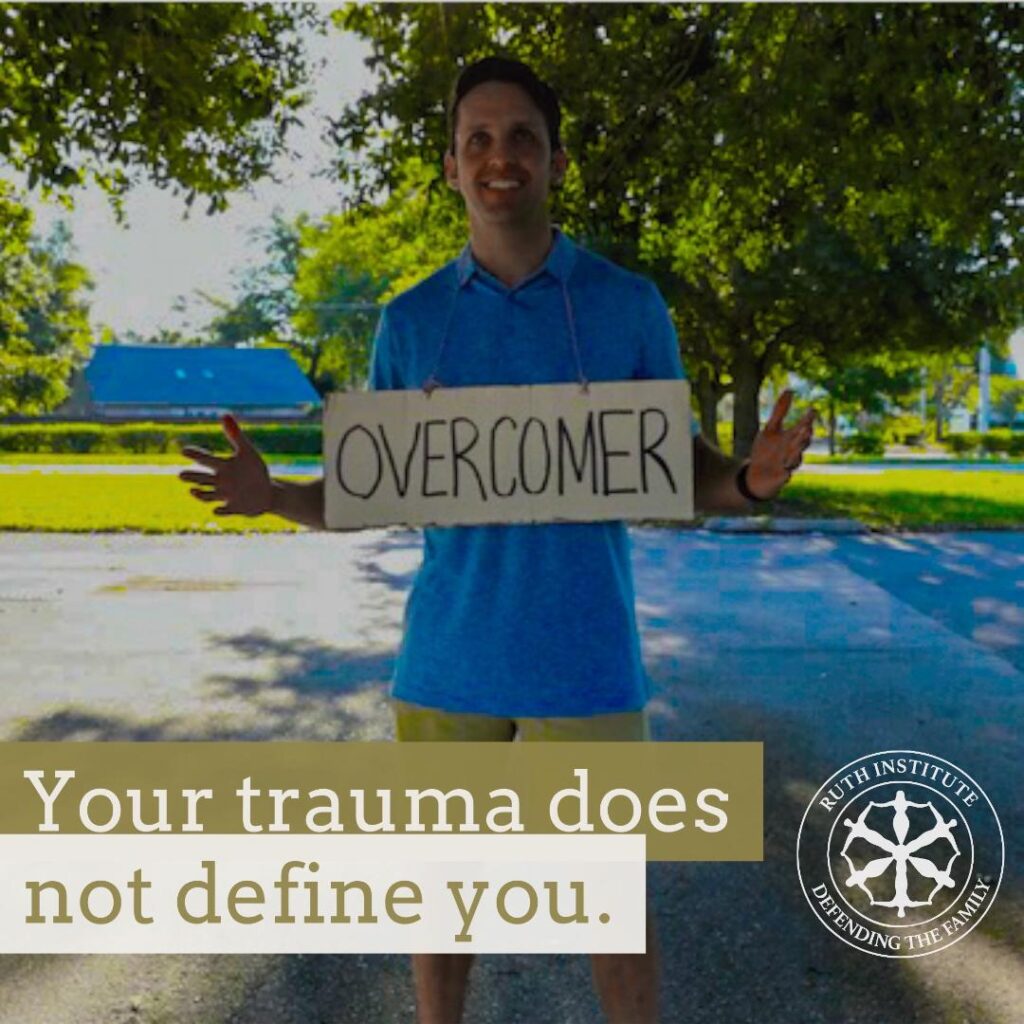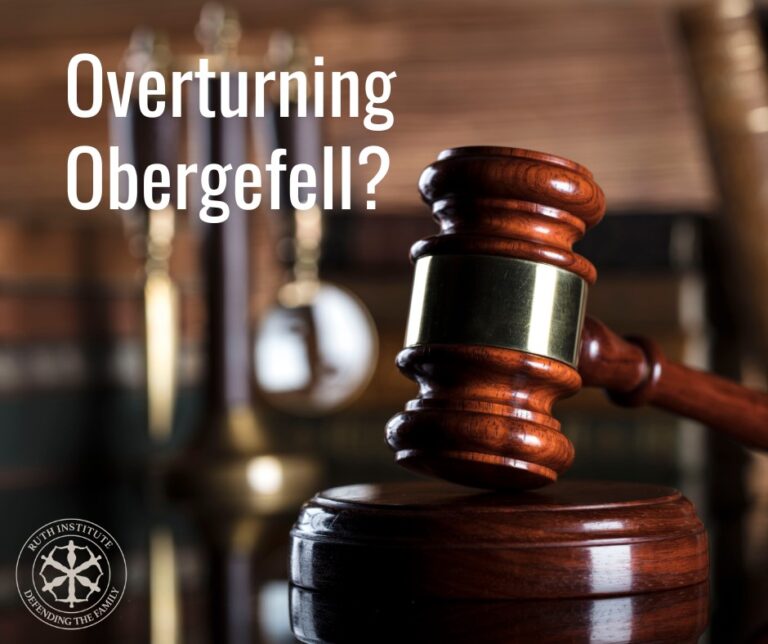I was recently asked why, even after years have passed following sexual abuse or some other trauma, some survivors perpetually behave and think like victims. There are different reasons behind what is known as a victim mentality but having a victim mentality usually starts as a coping mechanism. It can be exacerbated by a lack of help and support. A victim mentality can also be used by toxic, abusive, and narcissistic individuals as a way to excuse their behavior. I’ll talk a little bit about that later on in this post.
Living with a victim mentality is difficult to overcome. You have to first recognize that you have a victim mentality and then you can start addressing it. The good news is that it is possible to go from being a victim to a victor!
What is a Victim Mentality?
While some self-pity can be entirely normal at times, it can become a way of living for people who have suffered from intense emotional pain due to trauma such as sexual abuse, divorce, bad parenting examples, the death of a loved one, etc. This is called a victim mentality. Victims suffering with this feel stuck in their victim role and have a negative mindset. They become so used to being a victim that they have a hard time viewing themselves in any other way. Without realizing or intending it, “victim” becomes can become one’s identity.
To someone who hasn’t suffered the pain of intense trauma, a person with a victim mentality may come across as overly dramatic, even dishonest. A victim might be viewed as self-centered as they are only able to focus primarily on what they are going through. The truth is that victims often unintentionally develop a victim mindset as a coping mechanism. Assuming the worst keeps them prepared for if/when the worst happens. Thinking negatively makes disappointments and pain (and negative outcomes in general) easier to cope with.
While having a victim mentality can be helpful for coping in the beginning, it can be very harmful in the long run. Perpetually negative thinking is physically and mentally exhausting. It can hold us back from achieving goals, impedes healing, and negatively affects relationships. Being able to recognize a victim mentality in ourselves is important if we want to learn to change negative patterns.
Victim mentality is a difficult topic for a lot of survivors because it can easily come across as victim shaming. I want people to know first and foremost that there is no shame if you are struggling to overcome a negative mindset. However, I also want you to know that you will be better able to reach your full potential if you acknowledge and address your victim mentality (if this is something you are struggling with). I want to help you realize that you can be a victor and overcome this hurdle. The power lies within you!
Signs of a Victim Mentality
Someone with a victim mentality might:
- feel sorry for themselves and have a negative viewpoint of life.
- be quick to point out everyone else’s problems but hesitant to address their own issues.
- have a hard time being grateful for the positive things in life. Even when wonderful things happen, someone with a victim mentality will concentrate on the negative things that have happened. This self-sabotage really does make perfect sense when you stop and think about it. When you have become used to feeling bad (serious trauma will do that to you), feeling good feels foreign. Accepting happiness can also be hard because some victims live with shame and feel as if they don’t deserve to be happy.
- have difficulty looking forward to the future with hope and confidence.
- never seem to have enough. Victims feel limited and never seem to have enough time, money, resources, help, etc.
- think, “God is out to get me.”
- have difficulty holding onto relationships since they feel as if everyone else is “out to get them.” Also, their constant negativity has a tendency to push people away.
- tend to blame others for their problems and feel constantly persecuted. While the initial trauma(s) may well have been someone else’s fault or due to circumstances beyond their control, they only see the unfairness of having to do the work to heal.
- feel jealousy and resentment towards others who have had positive life changes or good opportunities come their way.
- have a need for sympathy. While everyone craves some validation, this is a near constant need. Someone with a victim mentality is deeply affected when they don’t receive it.
If you are struggling to recognize and address your own victim mindset, I want to reassert that there is no shame in what you are going through. All survivors handle trauma differently and heal differently. Hang in there! There is hope for you! You can develop better coping mechanisms and overcome this. Healing is possible. You can learn to think more positively while addressing the issues in your life. The important first step is to recognize that you have this issue and then be willing to put in the work to change it. I can tell you from personal experience that you can go from victim to victor!
Victims Who Become Toxic or Abusive
Sadly, many abusers were abused themselves. It goes without saying that being a victim is never an excuse for hurting others. Even if an abuser was previously abused, they are fully responsible for what they choose to do to other people. That being said, if left unaddressed, a victim mentality can easily turn manipulative and/or abusive.
Whether a victim mentality stems from past abuse or not, sometimes toxic and abusive people have a victim mindset, or they feign one. This mindset can easily be used, not so much for coping, but for excusing their negative behavior and for gaining empathy and attention from others. Playing the victim allows them to continue their toxic, abusive, narcissistic ways.
For example, in addition to an abuser trying to make the victim feel as if they are the guilty party, an abuser might try to make his/her victim look as if he/she is the actual abuser. In yet another sneaky attempt to take unwanted negative attention off themselves, an abuser could pretend to be sympathetic towards the victim (“Some other issue in her life unrelated to me is causing her to take out her distress on me, I’m the scapegoat, I feel so sorry for her, I hope she gets the help she needs, and I bear her no ill will.”). An abuser might also resort to slandering the victim privately or publicly. All the while, the abuser gains sympathy as the supposed “victim” or scapegoat. Unbeknownst to the people supporting the abuser, they are essentially giving the abuser a free pass to continue negative behaviors.

Cultural Victim Mentality
Unfortunately, many progressive ideals have turned victimhood into a sort of trend. Make no mistake, many people have truly been victimized in various ways. One just has to look around and see the countless victims of the Sexual Revolution to see that. However, a sort of entitlement has developed. Oftentimes we are essentially hearing, “I was wronged, my ancestors were wronged, and therefore everyone else should be made to suffer. Everyone owes me!” Having a perpetually negative attitude and never being encouraged to overcome their victim mentality plays a part in why even victims can become bullies. No matter what they have suffered, no victim should be allowed to do whatever they want because of it. That is a toxic belief.
I once heard Catholic psychologist and author, Dr. Ray Guarendi, say that holding onto bitterness is like taking a little poison every day and waiting for the other person to get sick. There is so much truth in that! Suffice it to say, this world is unfair. There is no getting around the fact that everyone suffers in one way or another. Sometimes people hurt other people, justice is not always done, and friends, families, and communities are not always supportive. The truth is that living in bitterness while hoping for revenge can become a dangerous and unhelpful norm. It’s not doing anything to the person(s) at fault nor is it serving you. Focusing on how bitterly unfair life has been to you does nothing to help with healing. If you are a person of faith, it doesn’t bring you closer to God either.
Some victims might understandably have difficulty accepting that the ultimate responsibility to heal falls on them. Healing from trauma is indeed a difficult burden to bear! However, at some point in their lives, every single victim (no matter what kind of trauma they have endured) has a choice to make: to live in the pain or to learn to live with it, without the pain being in the constant forefront of their lives. This isn’t easy to do and is made even harder for people who have little to no support. The fact is, if you want the quality of your life to improve, you will need to come to a place where you can accept what difficulties have come your way and then take responsibility for how you deal with those things.
Addressing a Victim Mentality
If you are struggling to get out of the victim mentality, take heart. You can find peace and freedom. Be assured that God wants this for you! So what do you need to do?
You have to be willing to take responsibility for where you are at this moment.
You have to make up your mind to get up and keep going.
You have to choose to do the work.
You have to make the choice to stick to good, healthy coping mechanisms.
You have to choose to be grateful for the good things in life.
Your trauma will always be a part of your life. It’s a part of who you are. But your negative experiences are not all you are (read that again). Your trauma does not have to define you, nor should it define you. Your worth goes far beyond what anyone has said to you or done to you!

What are some steps you can take to address a victim mentality?
Here are some suggestions:
- If you haven’t done so already, seek out a good counselor who can help you. I previously shared some tips about choosing a good counselor HERE (I specifically offered tips if looking for a Christian therapist). You do not have to burden yourself by holding onto every single painful thing that has happened to you. It is possible to acknowledge what happened, accept it, and then go on living without it forever dragging you down. I am not suggesting for a moment that life will ever be easy, but you can learn to live with the pain and not in it. If getting a counselor isn’t possible, consider speaking with a pastor, priest, rabbi, or some other trusted, religious leader. You can also seek out better coping skills through online research or consider reading a self-help book or devotional.
- Show yourself love and compassion while also understanding that you cannot realistically always expect it from others.
- Work on developing a can-do attitude. Focus on your potential and possibilities. Think about what your talents and goals are. Develop a plan of action that can help you achieve those goals.
- Practice gratitude. Gratitude is an important part of healing. You can read more about the importance of gratitude HERE. When you become so hyper-focused on the negative, it becomes easy to forget that there is still good and beauty in the world. By taking time each day to be mindful of the things you are grateful for, you will come to the realization that you can deal with all the negative stuff while still experiencing joy and peace.
- Build your tribe. Don’t surround yourself with other people who are constantly negative. I am not suggesting that you should completely remove someone from your life just because they are negative. However, do understand that when you are in a vulnerable state, someone else’s negativity might be detrimental to you as you try to change. At the very least, do your best to have as many positive influences in your life as possible. If you have a friend or loved one struggling to overcome a victim mentality, you can even work with and challenge each other to overcome it together.
- Positive self-talk isn’t a fix-all, but it can go a long way in creating a more positive mindset. What we tell ourselves holds a lot of power so practice replacing negative thoughts with positive ones. I talked a bit about practicing positive self-talk HERE.
- In addition to self-talk, consider how you communicate with others. Do you find yourself always apologizing and feeling sorry for things that go wrong even when you are not to blame? Do you find yourself complaining a lot? Do you talk a lot about yourself but forget to focus on others sometimes too? Have your experiences become a competition of sorts with other victims (“I have it worse than you.”)? These are just a few examples of negative habits that are important to recognize if you want to overcome a victim mentality. Again, you have to be able to recognize an issue before you can address it.
A Word of Caution
I want to add a word of caution those of you who choose to share your story with others but are working to overcome a victim mentality. Sharing your story can be empowering for you and for others. It can be so healing! Do, however, be cautious about falling into the trap of feeling empowered by negative attention. If you start craving the negative attention that can sometimes come from sharing negative experiences, you might want to consider taking a step back from sharing until you’re in better control of your emotions. Make it a point to evaluate your intentions when you share things. There is nothing wrong with bringing awareness to certain issues, giving or receiving validation, or relating to others. Just be sure it doesn’t turn into a competition with other victims or a giant pity-party. This isn’t going to help you (or anyone else for that matter) improve a victim mentality.
You can take charge!

When you allow negativity to continuously poison your life, you are holding yourself back from achieving your true potential. If you are struggling with a victim mindset, choose to take charge of it before it takes charge of you. Your identity does not forever have to be “victim.” You can learn how to live with the pain of your experiences but also be a victor. The power to do this lies with you.
Do you have a question about victimization and/or healing? Email me at AskASurvivor@ruthinstitute.org. Your name and personal information will never be used in my public responses.



